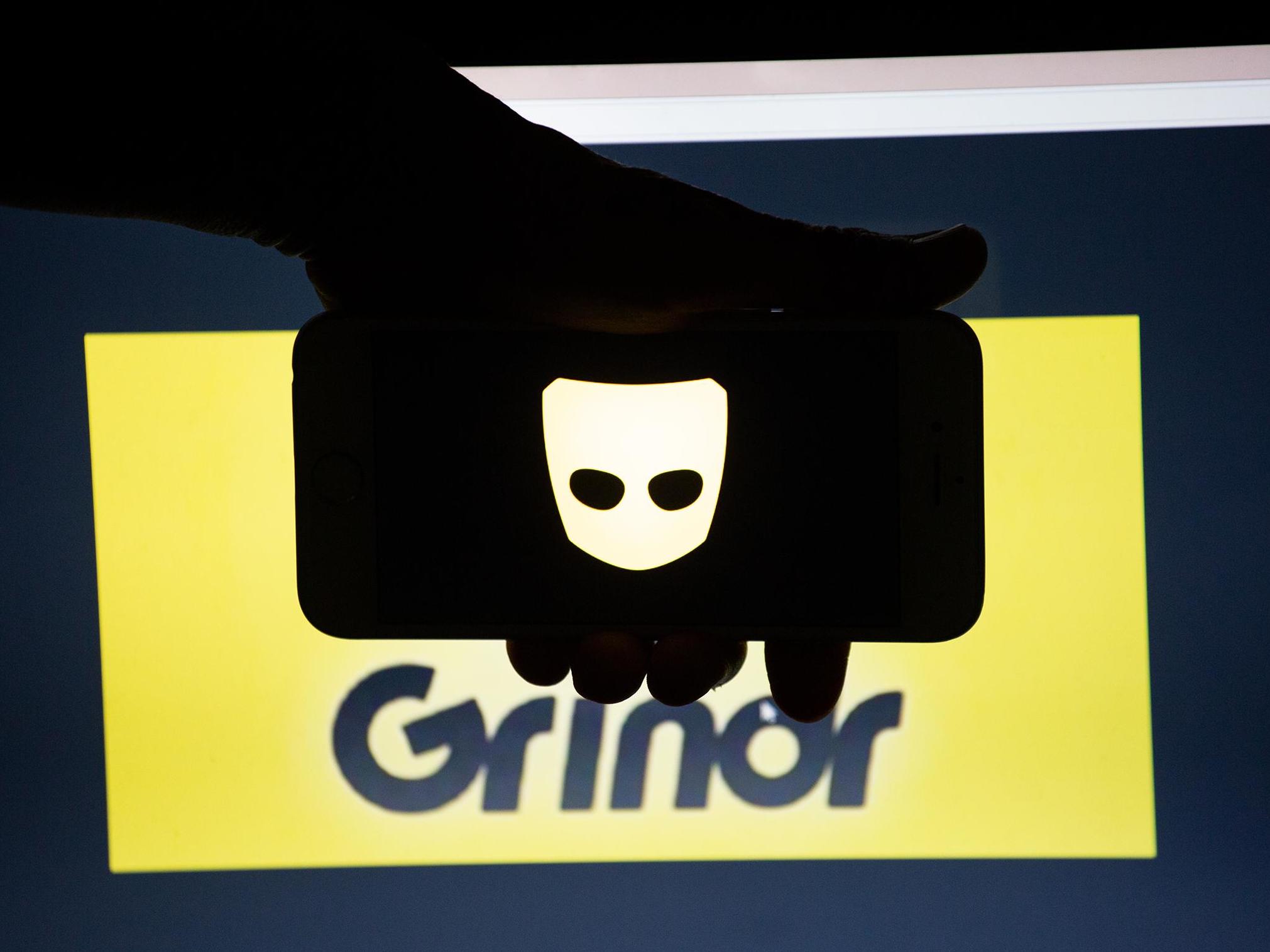Lebanon blocks Grindr in latest attack on LGBT+ community
App was seen as safe space for gay people in a country where community faces discrimination

The gay dating app Grindr has been blocked for most users in Lebanon, sparking concern over a widening crackdown on the LGBT+ community in the country.
The social networking app, which connects users based on their location, went offline for users of the state-owned internet service provider over the weekend and has been unusable since.
The local Daily Star newspaper reported that access to the app was blocked by Ogero on the orders of the public prosecutor’s office, and that it would soon be blocked by all internet service providers. No explanation for the ban has been given.
The blocking of the app is just the latest in a series of moves by authorities that have raised concerns among the LGBT+ community in Lebanon – once seen as a beacon of liberalism in a religiously conservative region.
“This is not an independent incident, this is part of a bigger campaign and strategy to limit the spaces of the LGBT community,” said Georges Azzi, executive director of the Arab Foundation For Freedoms and Equality.
“The groups behind this campaign operate in an atmosphere where the government and security apparatuses are encouraging attacks on freedom of expression. We are being controlled by medieval forces,” he added.
Lebanon has traditionally been seen as more forward-thinking in relation to LGBT+ rights in comparison to the rest of the Middle East. But despite some gains in recent years, the community still faces widespread discrimination.
Activists responded positively to a ruling issued by a district court last year which overturned a law that had been used to persecute the LGBT+ community in Lebanon. Article 534 of Lebanon’s penal code, which was introduced in the early 20th century under the French mandate, punishes “any sexual intercourse contrary to the order of nature”. Judges ruled that the law could not be applied to consensual sex between adults of the same sex.

But in February this year, Human Rights Watch filed a complaint with the United Nations over claims that Lebanon’s security services “repeatedly interfered with human rights events related to gender and sexuality”.
The complaint came in response to an attempt by police to shut down a regional conference on the rights of LGBT+ people being held in Lebanon.
Digital forms of communication like Grindr break the isolation that members of the community feel as many still live with family
“There were some positive steps and Lebanon has been the space for activism in the region, but this space and freedom is being taken away from us,” Mr Azzi said.
The lack of public space for LGBT+ people in Lebanon was one of the reasons the Grindr app was so important, according to Tarek Zeidan, executive director of Helem, one of the oldest LGBT+ rights groups in the region.
“Lebanon is a place that is sorely lacking in non-commercial public places where members of the community can freely and openly meet. Digital forms of communication like Grindr break the isolation that members of the community feel as many still live with family,” he told The Independent.
“Grindr has also become an effective way to disseminate life-saving information on sexual health and safety – this move will set these efforts back significantly, especially when it comes to contacting difficult-to-reach populations such as individuals living in rural areas, closeted or discreet individuals, and refugees which constitute a sizeable portion of the community,” he added.
Join our commenting forum
Join thought-provoking conversations, follow other Independent readers and see their replies
Comments
Bookmark popover
Removed from bookmarks